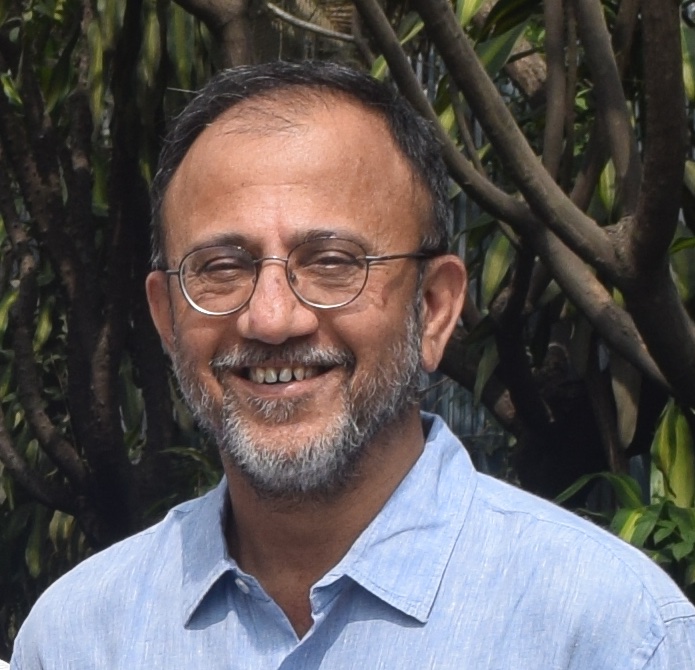Workshop Motivation and Objectives
The 15th International Model-Driven Requirements Engineering (MoDRE) workshop continues to provide a forum to discuss the challenges of Model-Driven Development (MDD) for Requirements Engineering (RE). Building on the interest of MDD for design and implementation, RE may benefit from MDD techniques when properly balancing flexibility for capturing varied user needs with formal rigidity required for model transformations as well as high-level abstraction with information richness. MoDRE seeks to explore those areas of RE that have not yet been formalized sufficiently to be incorporated into an MDD environment as well as how RE models can benefit from emerging topics in the model-driven community, such as flexible, collaborative, and AI-enabled modeling. In accordance with this year’s RE conference theme, we would like to focus on the innovation of RE with different fields such as AI, DevOps and agile practices through model-based techniques. We look forward to identifying new challenges for MoDRE, discussing on-going work and potential solutions, analyzing the strengths and weaknesses of MDD approaches for RE, fostering stimulating discussions on the topic, and providing opportunities to apply MDD approaches for RE. MoDRE aims to facilitate cross-fertilization of ideas between (i) people from the RE community that are trying to benefit from model-driven techniques, (ii) people from the model-driven area that aim to include RE stages in their model-driven processes; and, (iii) people from the general RE community, as well as other communities, with interest in these topics to identify new challenges for MoDRE, discuss on-going work and potential solutions, analyse different alternative solutions, and identify strengths and weaknesses of each alternative.
The workshop is co-located with the 33rd IEEE International Requirements Engineering Conference (RE 2025) in Valencia, Spain, in September 2025. Accepted papers will become part of the workshop proceedings and will be submitted for inclusion into the IEEE Digital Library.
Keynote Speaker - Vinay Kulkarni:
"Relevance of MDE in increasingly dynamic world"
Vinay Kulkarni is TCS Fellow at Tata Consultancy Services where he heads Software Systems & Services research. His research interests include digital twins, AI-driven adaptive enterprises, learning-native software systems, AI in software development, model-driven software engineering, and enterprise modelling. Current research focus is complex system of systems that operate in a dynamic and uncertain world. Conceptually our approach builds further upon innovative integration of proven results from Modelling & simulation, AI and Control theory. Our implementation is characterised by symbiotic integration of Generative AI and Model Driven Engineering, Operationalisation of knowledge, and Model based analysis. Our approach and associated technology have delivered value not only on a variety of business problems but also on societal problems. For instance, this research was used to construct a "City Digital Twin" to predict and control Covid-19 pandemic in an Indian city.
Prior work focused on making software development an engineering endeavour with a-priori guarantees about properties such as correctness, scalability, productivity, maintainability etc. Involved in development of automation tools and method using model-based techniques that are used by industry for past several years. Much of this work has found way into international standards, three of which Vinay contributed to in a leadership role. This work also received fair mention in respected international print media.
Fellow of Indian National Academy of Engineering, Vinay is an alumnus of Indian Institute of Technology Madras and serves as Visiting Professor at Aston University Birmingham, Middlesex University London, and Indian Institute of Technology Jodhpur.
Overview of Workshop Format
The format of the workshop reflects the goals of the workshop: constructive feedback for accepted workshop papers, collaboration, and community building. The workshop will be highly interactive with a few paper presentations, a keynote presentation currently planned for the pre-lunch session, and plenary brainstorming and general discussion sessions. The discussion topics are chosen based on the specific interests of the participants. The short presentations and the results of the brainstorming and discussion sessions are posted on the workshop website after the workshop.
A group dinner in the evening of the workshop day offers further opportunities of community building and discussions.

